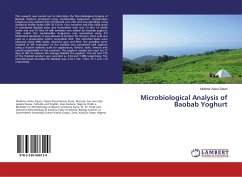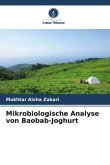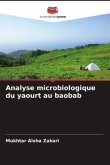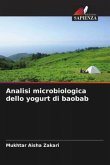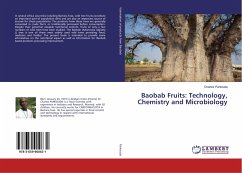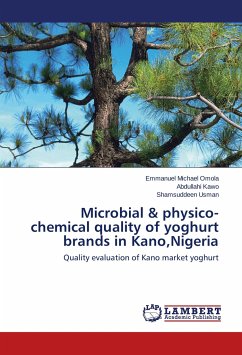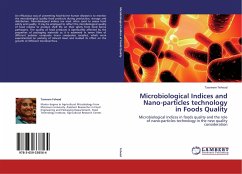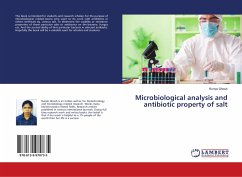This research was carried out to determine the Microbiological Analysis of Baobab Yoghurt produced using Lactobacillus bulgaricus. Lactobacillus bulgaricus was isolated from fermented cow milk and was identified using Analytical Profile Index (API) 50 CH kit. Four hundred and fifty (450) gram of powdered Baobab pulp was formulated with one (1) litre of sterile water and one (1) litre of milk emulsion was added for baobab yoghurt, after which the Lactobacillus bulgaricus was inoculated using 0.5 McFarland standards. It was allowed to ferment for 9 hours. Citric acid was used as a preservative within acceptable limit. The microbial loads were observed using MRS media, Nutrient agar and PDA. Ten panellists were involved in the evaluation of the baobab and powdered milk yoghurt using a 9-point hedonic scale for appearance, flavour, taste, texture and overall acceptability of the products. The yoghurt sample was kept for 21 days at 50C to observe the storage stability the yoghurt. ThepH and TTA of the finished product was recorded as 3.34 and 1.089 respectively. The microbial loads recorded for Baobab was; 2.52 x 102, 1.06 x 10 1 and 10 respectively.
Bitte wählen Sie Ihr Anliegen aus.
Rechnungen
Retourenschein anfordern
Bestellstatus
Storno

